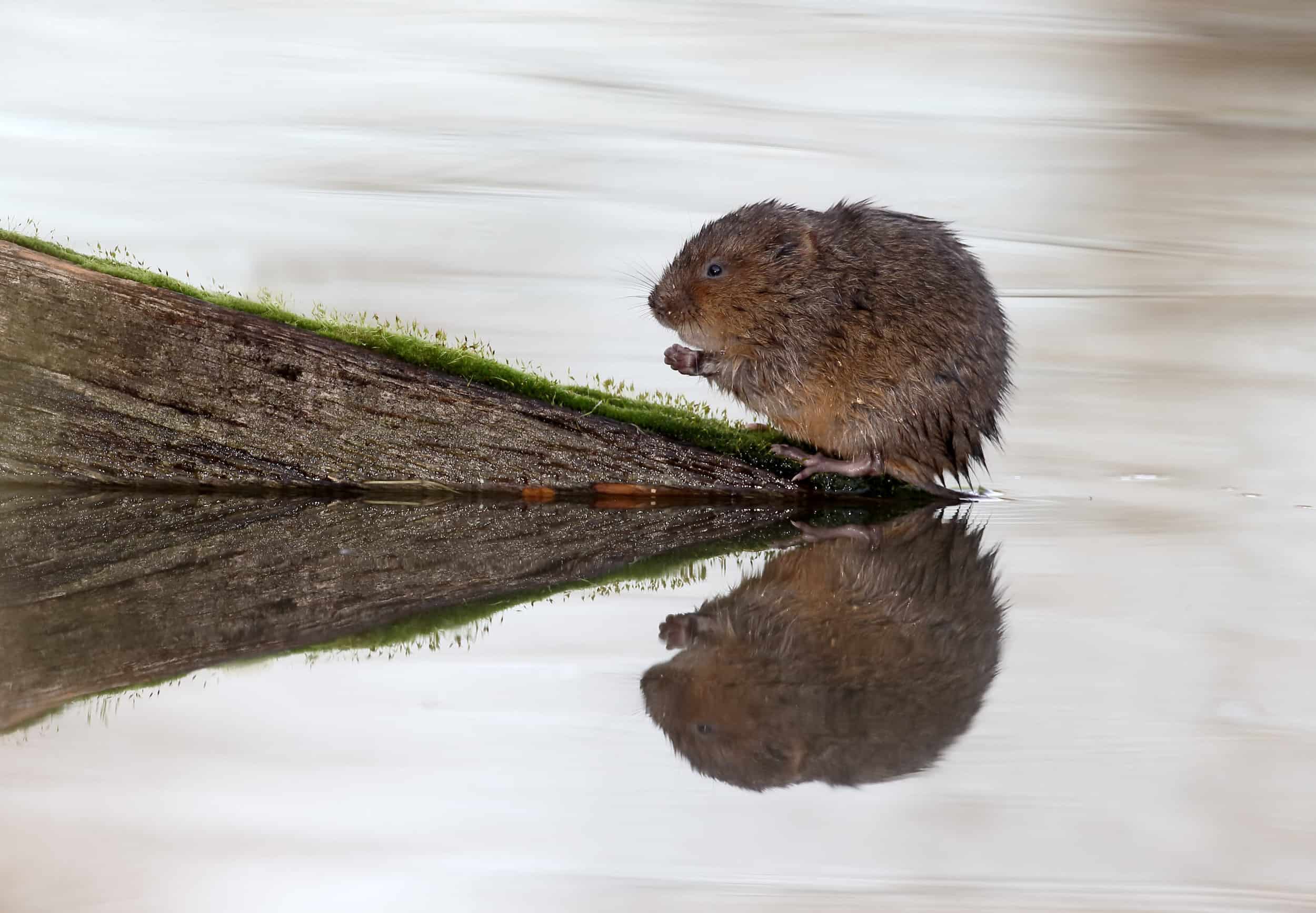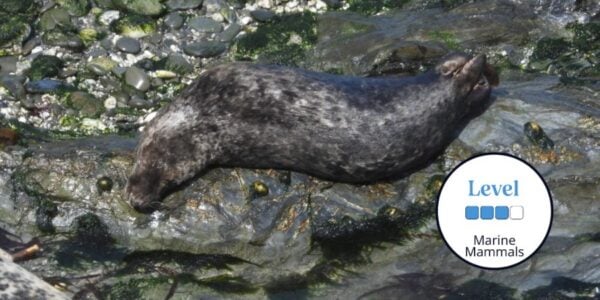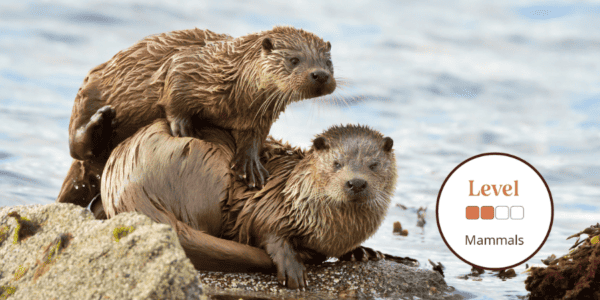This intermediate course will explore the history of the otters and water voles, their ecology and conservation requirements
Following a dramatic decline in the last century, otter numbers have recovered so that they are now a widespread species. In contrast, the water vole is now one of Britain’s most declining mammals.
This course combines indoor talks with a field-based session each day. The emphasis will be on gaining practical skills to be able to survey for otters and water voles, recognising their signs in the field and understanding their habitat requirements.
You will spend your course amidst the quintessentially English countryside of the Dedham Vale in Suffolk situated on the banks of the River Stour.
Please Note: There is no accommodation provided with this course. If you would like to book accommodation, lunch and an evening meal at Flatford Mill, please email [email protected]
Bookings will close if course capacity is reached
Who Should Attend?
Nature enthusiasts, Students, Early career ecologists, Citizen scientists, Volunteer surveyors, Land managers
Knowledge Level
Intermediate. Level descriptors can be found on the following webpage: Framework and Course Level Descriptors
Prior Knowledge
Knowledge of UK mammals would be beneficial, though those with previous experience would still benefit as the tutor is open to answering a range of questions at different levels.
What will be covered during this course?
-
- Ecology of otter and water vole
- Recognising signs of otter and water vole
- How to undertake surveys of these species
- Legislation protecting these species
- Conservation measures including habitat enhancement
By the end of the course, you will be able to:
-
- Describe otter and water vole ecology and conservation
- Understand how and where to place survey equipment in the field to optimise the chances of detecting otters and water voles using various techniques
- Explain relevant habitat management in the presence of otters and water voles
- Share this knowledge with friends, family, and fellow volunteers
The course gives you the opportunity to immerse yourself in a new subject and acquire novel skills. Our fantastic tutor will combine the use of classroom-led learning and outside learning opportunities to give individuals the skills and confidence to progress their learning.
-
- See the ‘Example Timetable’ and ‘What’s Included’ sections below for more information about this course.
- Upon booking you will need to provide individual details of all attendees
- Please email [email protected] if you have any questions.
Group Bookings Made Easy
If you have a group of 10 or more individuals wanting to complete one of our courses, our team are available to discuss your options – from discounts to private team courses.
-
- Discounted rates
- Privately run courses for your group
- Bespoke courses developed specifically for your needs
If we are unable to reach viable numbers for this course, we will inform you of the course cancellation 14 days prior to the course run. We would recommend when purchasing accommodation and/or travel you should take out your own insurance.
Tutor: Simone Bullion
Simone Bullion is a Conservation Manager for Suffolk Wildlife Trust. She has been running training courses and coordinating mammal surveys for over 20 years. She has held a Natural England dormouse licence for 17 years, which enables her to check nest boxes and tubes specially designed for dormice.Accommodation
The course fee is for tuition only. If you would like to, book accommodation here Please note rates are Room Only. The centre will contact you direct after they receive your booking to confirm. You can then liaise with them regarding any meals you may require, which will be at an additional charge.
Book with Confidence
We understand the difficulties of making plans in the current situation when guidelines continue to change, and insurance conditions are being tightened. In response, we will continue to offer additional flexibility. Find out more here
Example Timetable
Example Timetable
This timetable is subject to change but should give a clear outline of what to expect
-
-
- Please arrive in time for the course to start promptly at 10:00am
- The course will end at 5:00pm
-
Day 1
| 10:00am | Introductions |
| 10:30am | Classroom session covering:
|
| 11:30am | Break and prepare for field session – refreshments not provided |
| 11:45am | Field visit |
| 1:00pm | Lunch – Not included |
| 2:00pm | Continued field time |
| 3:00pm | Break – refreshments not provided |
| 3:15pm | Continued field time |
| 4:30pm | Classroom plenary and final questions |
| 5:00pm | End of day 1 |
Please note accommodation and an evening meal is not included
Day 2
| 10:00am | Recap of day 1 |
| 10:30am | Classroom session covering:
|
| 11:30am | Break and prepare for field session – refreshments not provided |
| 11:45am | Field visit |
| 1:00pm | Lunch – Not included |
| 2:00pm | Continue field time |
| 3:30pm | Break – refreshments not provided |
| 4:00pm | Classroom plenary and final questions |
| 5:00pm | Finish |
What's Included
The course has been carefully created by expert tutors and educators to help you continue to build and develop your knowledge and apply it within the field surrounded by like-minded individuals.
The course includes:
- Classroom learning covering the theory of the species
- Field excursions to apply new knowledge
- Expert tuition for which the Field Studies Council is renowned
- Clear objectives and progression
You can rest assured that the absolute best content from an expert in environmental education will be provided. In choosing a Field Studies Council course, you will be joining thousands of people who learn with us each year.
Before You Attend
What to Bring:
-
- Notebook and pencil
- Camera to capture images
- Lunch and refreshments
- Sensible footwear and clothing for being outdoors
There will be a member of staff with first aid training and access to a first aid kit on site. If you have special medical or access requirements, please let us know as soon as possible so we can plan the course.
Sorry this course booking is closed




